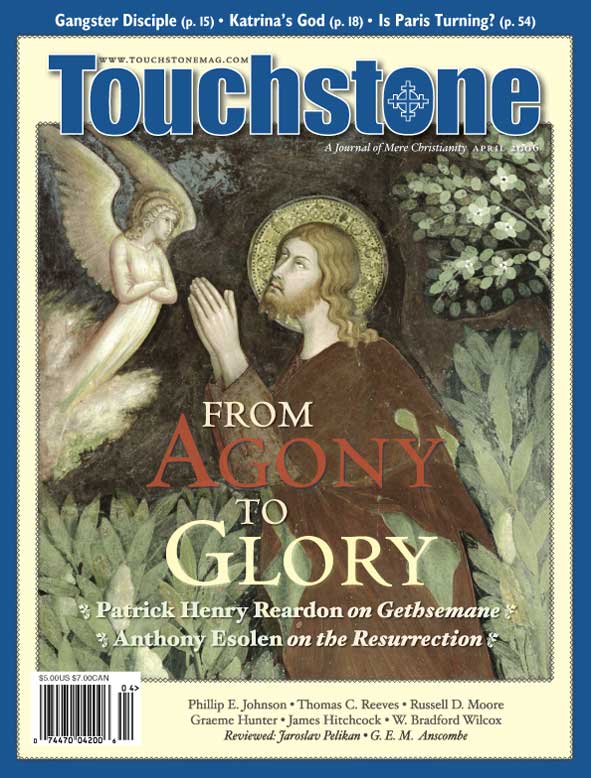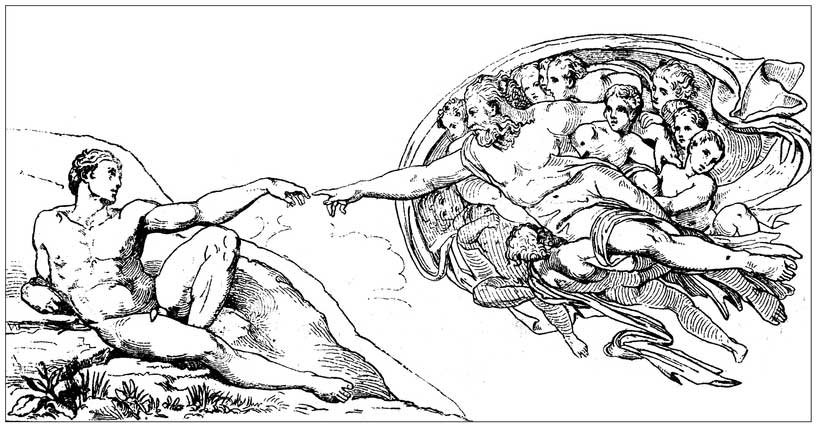The Cane Mutiny
David Holford on Why We’re Losing the Battle to Teach Kids
School discipline used to involve the destruction of trees. In the United States, these were most often cut into flat pieces of board, narrowed at one end to create a convenient handgrip. In Britain, they were manufactured into canes of various lengths and diameters. These policies did not make a significant impact on the environment.
In the U.K., where I teach, it has been against the law since 1987 to use any form of physical punishment, though as a practical matter it ceased long before that. As a result, there have now been two generations of Untouchables, and untouchable with more than the cane. Discipline is a farce. As teachers, we know it. Worse, the students know it.
Authority over education in England emanates from Westminster (the central government), and the child psychologists who have influenced Westminster chant the mantra that violence begets violence. Beat them and they will beat others. Of course, as is the case with most child or other psychology emerging from the epistemological assumption that anything might be true except the Bible, it produces the opposite result in practice. Levels of violence, both in school and out, have risen year on year.
Paper Discipline
In the summer term of 2003 (a period of about 12 weeks), there were about 4,300 assaults on adults in schools. Less than 300 of these resulted in permanent expulsions. There were over 13,000 assaults on other students. Only 336 of these resulted in expulsions. The rest resulted in fixed-term suspensions averaging 3.5 days.
There are no records for the incidents that did not result in any absence from school. The government insists that everyone is entitled to an education and pressures the local education authorities, which reinstate excluded pupils and bring their own pressure to bear on head teachers.
What happens after these yobs leave school? Figures for April 2004 to March 2005 show violent crime in England and Wales up by 8 percent from the previous year, excluding sexual offenses and robbery. Sexual offenses were up by 17 percent. This is not a surprise. The violent crime figures for 2003–2004 were up by 12 percent over the year before, when they were up by 22 percent over the year before that (and up 27 percent for rape and 28 percent for robbery). Going further back, the trend is the same. Between 1997 and 2003, the reported incidents of rape were up by 82 percent.
In England, education still involves the destruction of trees. Today, there must be great gaps in the Amazon rain forest attributable to what passes for discipline in British schools. All incidents are recorded and placed in files. Every detention slip is in triplicate: one for the academic department; one for the head of year; and one for the student to take home, forge an adult-looking signature, and bring back to school—if he can be bothered.
When the student doesn’t show up for the detention—and I had one week recently where 87 percent of detainees failed to show up for departmental detention (the first rung on the incarceration ladder)—a new triplicate detention slip is issued for the following week. When he doesn’t show up for that one, a triplicate “alert slip” is filled out in reasonable detail and given to the head of year (or grade), who calls him in for detention. When he doesn’t show up for the resulting head-of-year detention, letters go home, with copies to every relevant member of staff.
So, when one of the miscreants can’t behave in class and all of the low-level methods have been used so that a detention results, it can take at least a dozen pieces of paper until all is right with the world. Give a handful of detentions in a lesson (and I can remember giving as many as six, but I’m sure I’ve given more) and it all starts to add up. And that’s just naughty kids in one lesson.
subscription options
Order
Print/Online Subscription

Get six issues (one year) of Touchstone PLUS full online access including pdf downloads for only $39.95. That's only $3.34 per month!
Order
Online Only
Subscription

Get a one-year full-access subscription to the Touchstone online archives for only $19.95. That's only $1.66 per month!
bulk subscriptions
Order Touchstone subscriptions in bulk and save $10 per sub! Each subscription includes 6 issues of Touchstone plus full online access to touchstonemag.com—including archives, videos, and pdf downloads of recent issues for only $29.95 each! Great for churches or study groups.
Transactions will be processed on a secure server.
more from the online archives
calling all readers
Please Donate
"There are magazines worth reading but few worth saving . . . Touchstone is just such a magazine."
—Alice von Hildebrand
"Here we do not concede one square millimeter of territory to falsehood, folly, contemporary sentimentality, or fashion. We speak the truth, and let God be our judge. . . . Touchstone is the one committedly Christian conservative journal."
—Anthony Esolen, Touchstone senior editor









